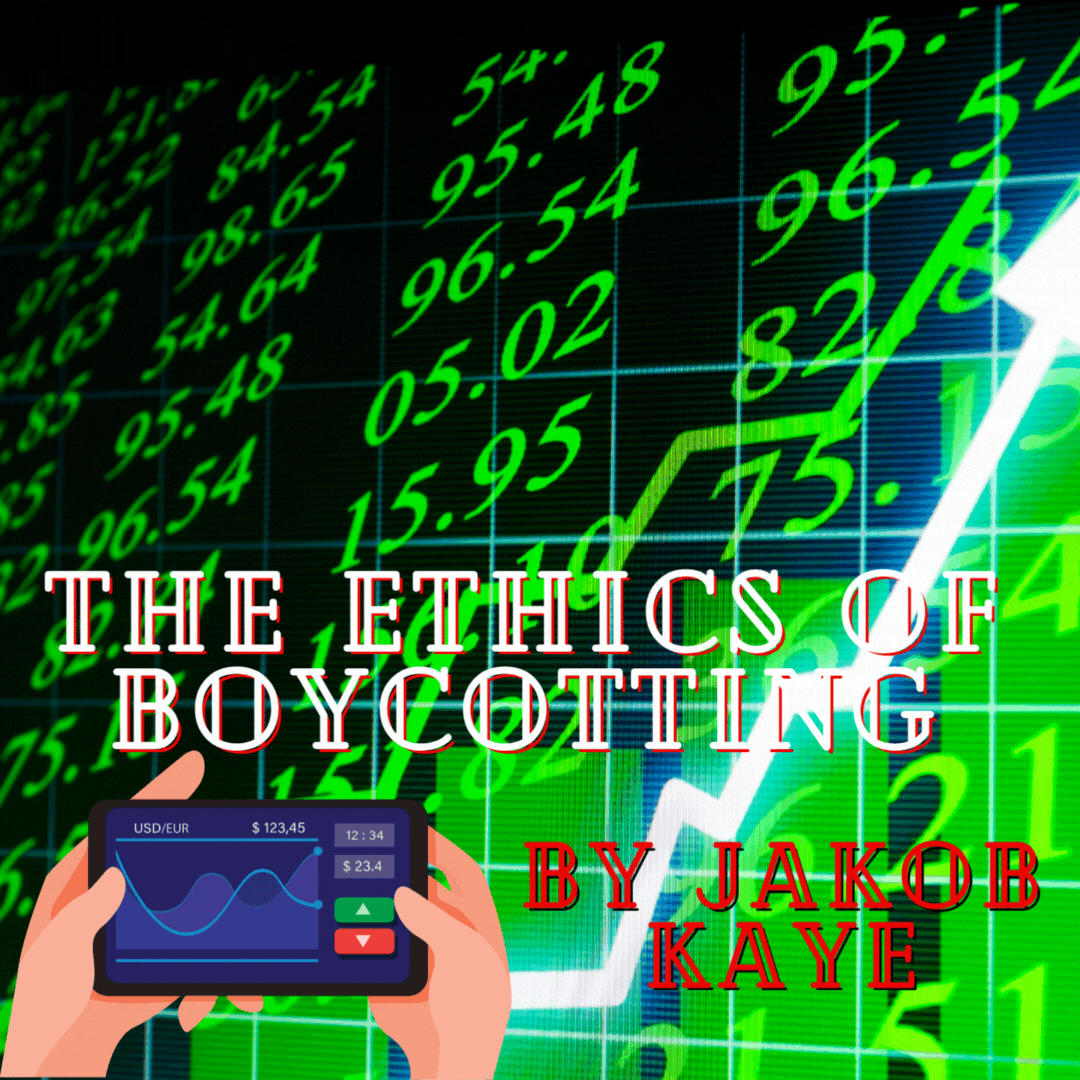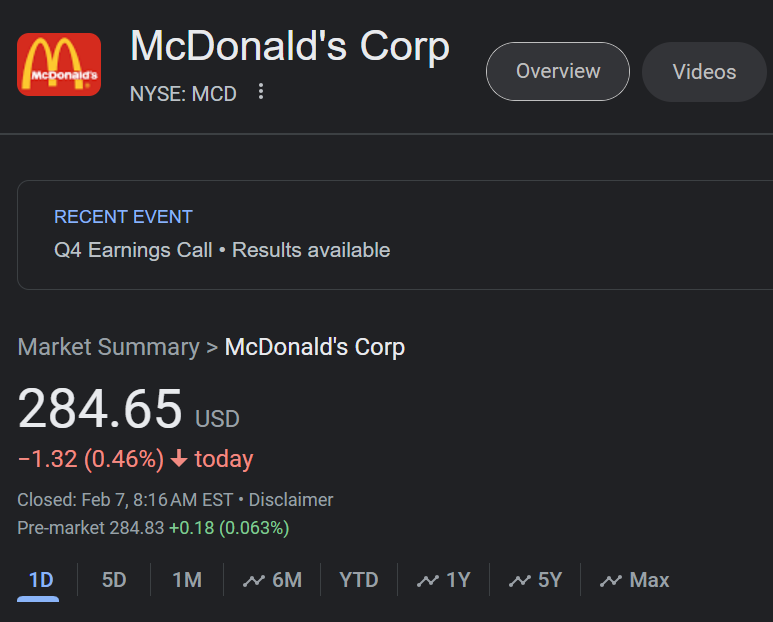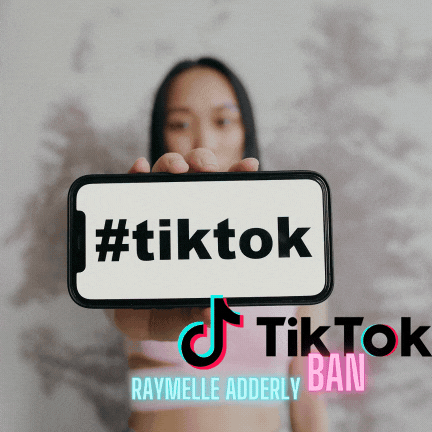In an age where activism and awareness intertwine, the tool of boycotting has risen as a formidable force in the fight for justice. The boycotting of Starbucks and McDonald’s serves as compelling examples, illustrating how consumers can wield this powerful tool to express dissent and instigate change in today’s socially conscious landscape.
Boycotting, often celebrated for addressing injustices and holding entities accountable for unethical practices, nevertheless raises valid concerns about collateral damage.
The boycotts against Starbucks and McDonald’s highlight the delicate balance between accountability and the potential impact on innocent parties. For example, CSHS student Landy Joseph said, “I will no longer be going to Starbucks because of their practices.” This is a form of boycotting.
Effectiveness in boycotting is a central theme. Notably, both Starbucks and McDonald’s have experienced declines in revenue due to boycotts, underscoring the tangible effects of consumer activism. The Starbucks and McDonald’s cases, when analyzed, provide a nuanced view of how boycotting can shape corporate behavior and contribute to broader societal change.
From a personal standpoint, boycotting emerges as a potent tool in the pursuit of justice. It empowers consumers to voice concerns and demand accountability from corporations. The Starbucks and McDonald’s examples showcase the efficacy of boycotting in reshaping corporate practices and promoting ethical behavior, even at the bottom line.
In conclusion, the ethics of boycotting necessitate thoughtful reflection. By examining specific cases and incorporating data on effectiveness, we gain valuable insights into the potential impact of this tool.
From a personal perspective, boycotting stands as a powerful means of promoting justice and accountability, contributing to a more just and ethical society, even as it influences revenue outcomes for the boycotted brands.









Ryan • Feb 26, 2024 at 6:58 am
This article is very interesting and sums up the ethics of boycotting